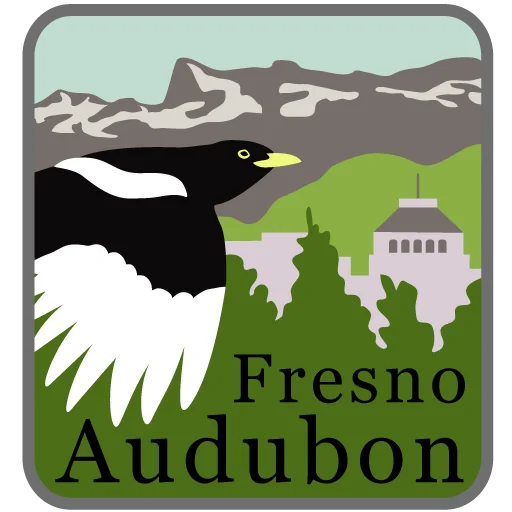The Return of Gray Wolves to California
Once common throughout much of North America, the gray wolf (Canis lupus) was driven to localized extinction in most areas of the contiguous United States by the mid-1930s through bounties and wildly successful predator control efforts. The last wild gray wolf in California was shot in Lassen County in 1924.
Flash forward to late December 2011, when a young male wolf known as OR-7 entered our state from Oregon, making him the first known wild wolf in the Golden State in nearly 90 years. In Summer 2015, news spread that California’s first resident wolf family, dubbed the Shasta Pack for the massive dormant volcano near where they were discovered, had settled into eastern Siskiyou County. The following summer, we learned about the Lassen Pack, which straddles the Lassen/Plumas county line and has produced pups every year since 2017. Yet another pair of wolves, known as the Whaleback Pack in Siskiyou County, produced seven pups in 2021. Wolves are no longer merely passing through; they’re settling in and making themselves at home here in our state.
This presentation will provide an overview of gray wolf natural history, ecological role and current distribution and population in North America and here in California. The historic reintroduction efforts in the northern Rockies to bring wolves back from the brink of extinction will be discussed, as will implications for wolf recovery in the western states with an emphasis on the importance of coexistence and moving beyond myths.
Speaker Bio:
Pamela Flick is the California Program Director for Defenders of Wildlife based in Sacramento, where she engages on a variety of issues statewide including gray wolf recovery, responsible renewable energy planning and development, forest resilience and fire restoration, and advancing conservation of imperiled species and natural communities.
Pam is a founding member of the Pacific Wolf Coalition and has served as an advisor to the Department of Fish and Wildlife in development of the Conservation Plan for Gray Wolves in California and the Department’s wolf conflict compensation pilot program. She currently serves on Sierra Forest Legacy’s advisory board, the Southern Sierra Prescribed Fire Council advisory committee, and the Southern Sierra Nevada Fisher Working Group.
Prior to joining Defenders in 2005, Pam worked to permanently protect public lands and rivers throughout the Golden State in various roles within the California Wild Heritage Campaign, Sierra Nevada Forest Protection Campaign and at Friends of the River.
Pam graduated summa cum laude from California State University, Sacramento with a bachelor’s degree in Environmental Studies and a minor in Biological Sciences. She also holds associate degrees in Biology and Liberal Studies from Sierra College and is a Certified California Naturalist through the University of California’s Division of Agriculture and Natural Resources. She is a third-generation Californian and hails from Mariposa.
Thank you for your continued involvement in and support of Fresno Audubon Society.




